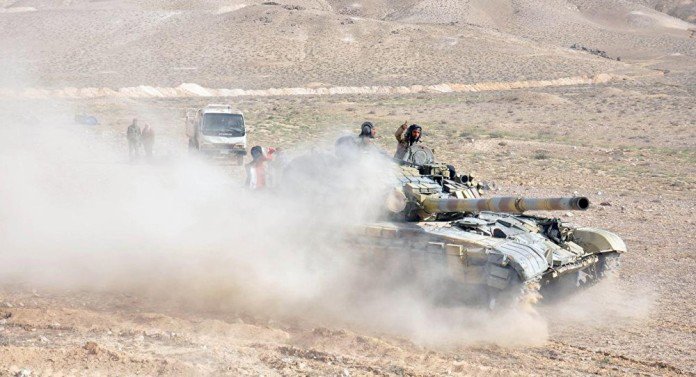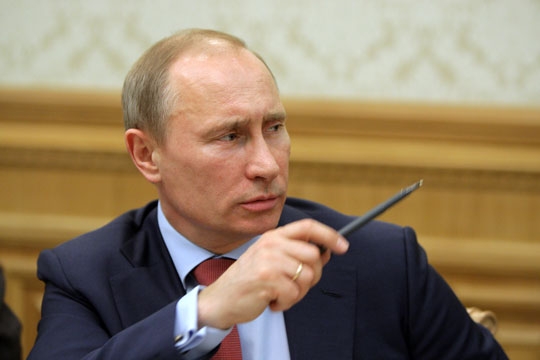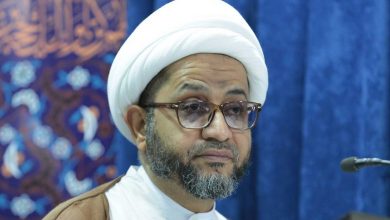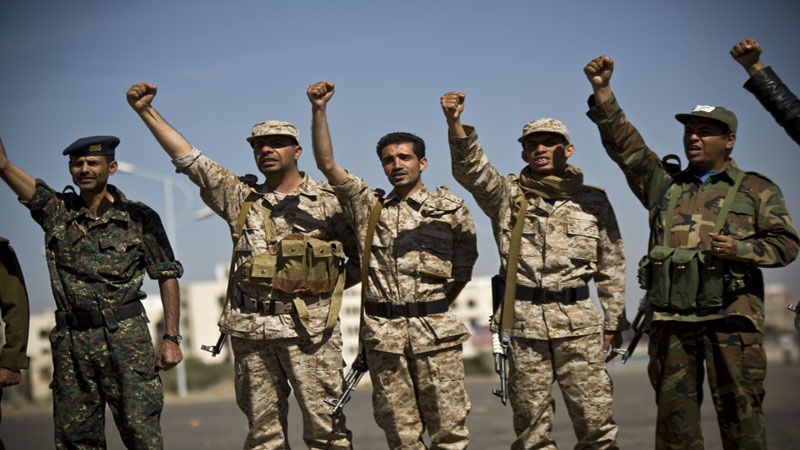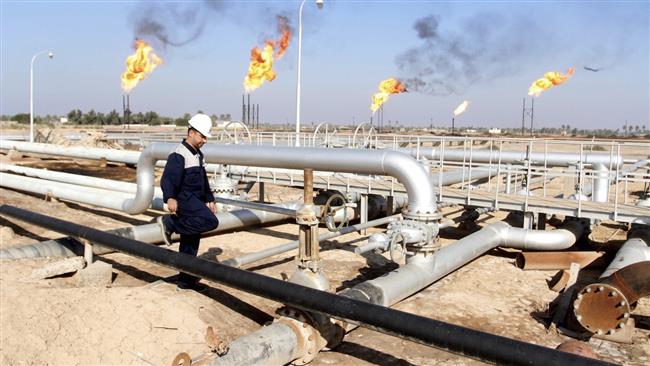Riyadh launches massive renewable energy plan
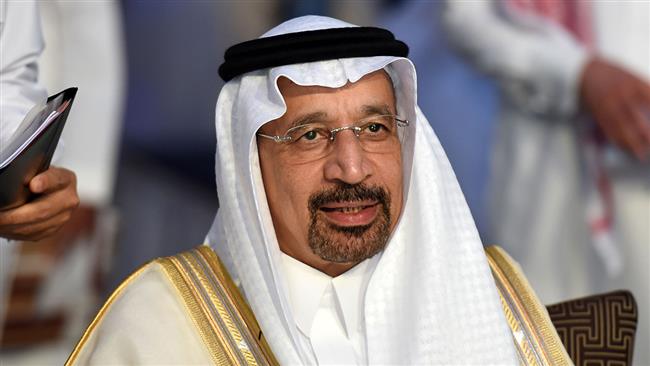

Saudi Arabia has launched a massive multi-billion-dollar plan which is expected to increase the kingdom’s production of electricity from renewable sources by 10 percent within the next few years.
Reuters said in a report that the plan envisaged the construction of 30 solar and wind projects by 2023.
The projects – that would be meant to boost the kingdom’s electricity generation and reduce crude oil burning – could generate 9.5 gigawatt of renewable energy.
The initiative involves investment estimated between $30 billion and $50 billion, Reuters reported.
On a related front, the news service said the Saudi Energy Minister Khalid al-Falih on Monday announced the beginning of the bidding for a project to produce 300 megawatt of solar power.
The project is expected to come online by 2018-2019.
“The energy mix to produce electricity will change, today the kingdom uses large quantities of oil liquids, including crude, fuel oil and diesel,” Falih was quoted as saying.
“So the percentage of renewable energy by 2023 (will be) 10 percent of total installed capacity in the kingdom.”
Based on an ambitious economic reform program launched last year, known as Vision 2030, Saudi Arabia is seeking to use non-oil means to generate much of its additional future energy needs to avoid running down oil resources and diversify its economy.
The kingdom is restructuring its energy sector as part of Vision 2030 and a focus on renewable projects is a pillar of this transformation as it would help develop the private sector and create thousands of jobs, Reuters added.

The finances of Saudi Arabia, the world’s second largest crude producer after Russia and largest oil exporter, have been hit by a downturn in oil prices that were above $100 a barrel in 2014, but start to plunge to well below $40 in 2016.
The plunge in global oil prices prompted Riyadh to rein in public spending in a bid to save money.
Earlier last year, the Riyadh regime cancelled financial perks for public sector employees and slashed salaries of ministers and members of the Consultative Assembly of Saudi Arabia, also known as the Shura Council.
It further froze major building projects and made unprecedented cuts to fuel and utilities subsidies.
